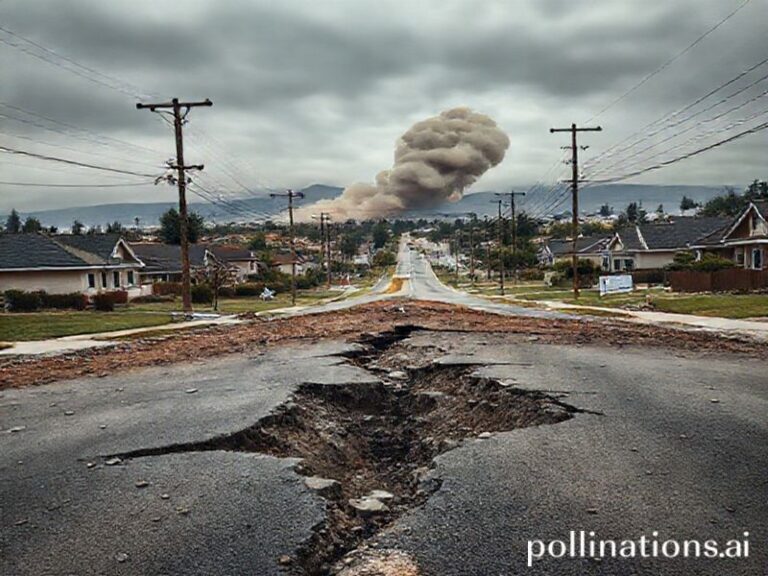Global Unmasking: How Doxxing Became the World’s Favorite Digital Blood Sport
**The Global Unmasking: How Doxxing Became Humanity’s Favorite Blood Sport**
In the grand theater of human cruelty, we’ve progressed from public stonings to public shamings with remarkable efficiency. Welcome to the age of doxxing—where your home address becomes a punchline and your Social Security number is the new autograph.
From Moscow to Mumbai, São Paulo to Stockholm, the ritual remains charmingly consistent: someone angers the internet’s hive mind, and within hours, their entire digital footprint is excavated with archaeological precision. Your Uber rating? Public domain. That embarrassing DeviantArt account from 2009? Exhibit A. Your second cousin’s wedding photos? Fair game in this international tribunal of digital justice.
The practice has become so ubiquitous that nations have developed their own regional flavors. In China, “human flesh searches” can mobilize millions to track down everything from corrupt officials to citizens who dared question local authorities. The efficiency is almost admirable—Beijing’s cyber-militias can locate a dissident faster than Domino’s can deliver a pizza. Meanwhile, in the United States, doxxing has evolved into a bipartisan sport, where political affiliations determine whether you’re defending free speech or combating domestic terrorism. How refreshingly consistent: even in destruction, we remain predictably tribal.
The European Union, ever the responsible adult at humanity’s dinner party, has responded with GDPR and privacy regulations that essentially amount to politely asking a tsunami to respect the “No Swimming” sign. Brussels bureaucrats have criminalized doxxing with the same effectiveness they’ve tackled tax avoidance—creating elaborate frameworks that sophisticated actors navigate with embarrassing ease.
What makes this global phenomenon particularly exquisite is how we’ve democratized destruction. Previously, only governments and corporations could ruin lives through data exposure. Now, any teenager with a VPN and too much free time can weaponize your digital breadcrumb trail. It’s equality at its most dystopian—the gig economy of personal destruction.
The implications stretch beyond individual victims. In Myanmar, doxxing campaigns have facilitated ethnic violence by exposing personal information of targeted minorities. In Belarus, government loyalists publish personal data of protesters, transforming digital exposure into physical intimidation. Even the Taliban, never ones to miss a technological trend, have used doxxing to identify and target Afghan collaborators. Nothing says “21st century” quite like medieval theocrats leveraging Silicon Valley tools for stone-age justice.
Corporate responses have been predictably performative. Tech giants issue statements about “taking privacy seriously” while their platforms remain the primary distribution networks for doxxed information. It’s rather like a bartender expressing concern about alcoholism while serving shots—technically correct, morally bankrupt, commercially brilliant.
The psychological toll transcends borders. Victims from Tokyo to Toronto describe the same symptoms: paranoia, professional destruction, social isolation. Your digital past becomes a loaded gun, waiting for the right moment of public outrage to fire. In an interconnected world, there’s no witness protection program for the digitally exposed—just the slow realization that your identity is no longer your own.
Perhaps what’s most darkly amusing is how doxxing represents humanity’s ultimate confession: we’ve created technologies that remember everything while we remain conveniently forgetful about human fallibility. Every tweet, post, and like becomes potential ammunition in a war we’ve all volunteered to fight. The internet never forgets, but it certainly forgives—usually at the exact moment public attention shifts to fresher prey.
In this brave new world, privacy isn’t dead—it’s just been democratized into extinction. We’re all one viral moment away from becoming internationally infamous, our personal details serving as entertainment for billions. The global village has become a global glass house, and everyone’s armed with stones.
Welcome to the future: it knows where you live.







